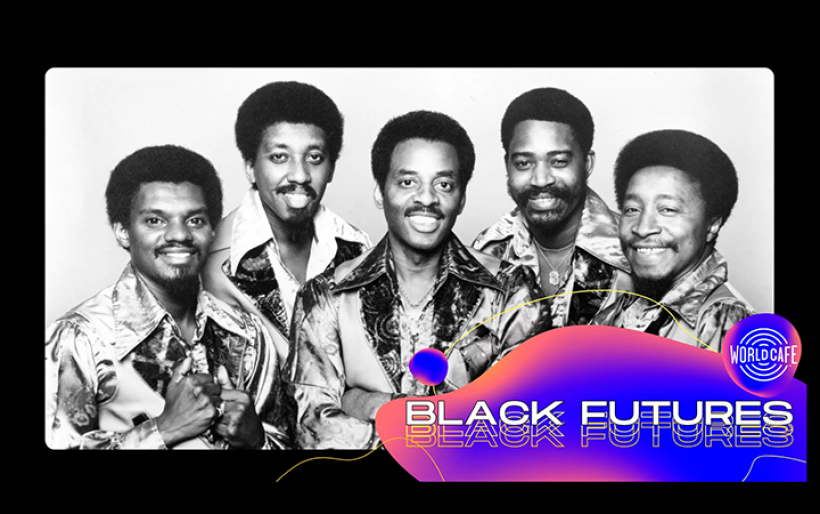Over the past few years for Black History Month, World Cafe has dug into different genres and their importance in the Black music canon over the decades.
With DJ and World Cafe correspondent John Morrison as our guide, we’ve explored the “Black Roots of Rock And Roll” and the history of R&B music. Dance music, however, has remained untouched until now, but Morrison says dance and electronic music is a fundamental aspect of Black music culture.
“What I’m talking about when I say dance music is a sound and, really, a culture that came out of Black club culture and DJ culture, specifically,” he says. “I’m talking about a continuum of music that starts with disco and stretches out to encompass, like, house music, techno, EDM and, really, any form of electronic dance music that we hear today.”
In this segment (the first of four this month), Morrison explains how disco is the nexus toward which most veins of contemporary dance music originate. Where and when, exactly, disco first planted its flag is a bit murky.
“It’s really a convergence of a handful of Black musical styles, and there’s not really one song that you can point to as the definitive first disco song,” Morrison says. “I’ve heard some people argue that Harold Melvin & the Blue Notes’ ‘The Love I Lost’ was the first real disco song.”
Many of the earliest tunes that DJs were playing in clubs were essentially uptempo Philly soul songs. The drum beat underscoring those early disco songs — and nearly all of the dance music that would follow — was created by Philadelphia drummer Earl Young, who founded the disco group The Trammps.
“Earl Young would play four kick drums for every measure, a snare on the second and the fourth beat, and then he would play eighth note hi-hats,” Morrison says.
And so, the rhythm that would later be dubbed “four-on-the-floor” was born. Morrison also talks about the role Philadelphia International Records played in the evolution of disco; the night the genre “died” at Chicago’s Comiskey Park; and how a sound that came out of underground Black and queer clubs would eventually take over the world.
This segment is best heard, so tune in on the audio player above. And make sure to check out the disco and disco-inspired tracks in the playlist below:
This episode of World Cafe was produced and edited by Miguel Perez. Our senior producer is Kimberly Junod and our engineer is Chris Williams. Our programming and booking coordinator is Chelsea Johnson and our line producer is Will Loftus.
